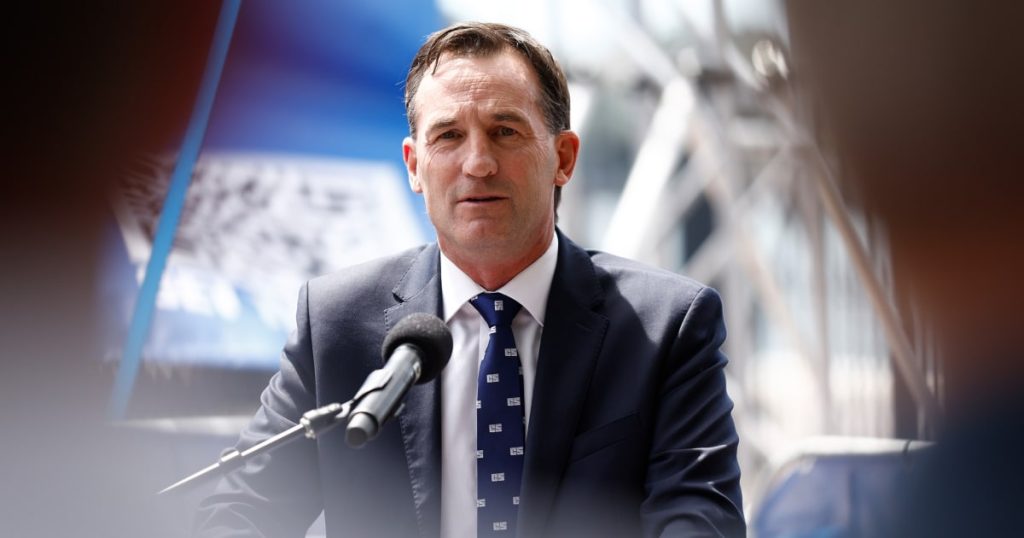The governing body for Australian rules football recently faced allegations that players were avoiding detection in game-related doping tests by undergoing illicit substances screenings. Federal lawmaker Andrew Wilkie revealed that players had faked injuries to skip games and tests after being screened for substances like cocaine. Australian rules football is a popular contact sport played by teams of 18 on an oval-shaped field, and the Australian Football League (AFL) attracts the largest crowds and TV audiences for sports in the country. However, there is no serious international competition for the sport.
AFL chief executive Andrew Dillon defended the actions of club doctors who took steps to prevent players with illicit substances in their system from participating in matches. He emphasized that player welfare is the top priority for the league, and the private medical information of players should be respected above all else. Dillon stated that only a small number of athletes out of the 1,300 involved in the top-flight men’s and women’s leagues were affected by the off-the-books drug screenings. He also noted that the AFL’s illicit drugs policy, including a three-strikes approach, is currently under review.
Dillon clarified that the results of the off-the-books drug tests were not shared with the World Anti-Doping Agency or Sports Integrity Australia, and that disclosing the number of players who tested positive for illicit substances, including cocaine, was not in the public interest. The AFL’s illicit drugs policy, which includes urine tests, allows club doctors to take action if a player’s sample indicates the presence of illicit substances. Dillon stressed the importance of upholding doctor-patient confidentiality while ensuring that players’ medical interests and welfare are protected.
The AFL’s illicit drugs policy, first implemented in 2005, is currently being reviewed with input from player unions. Dillon reiterated the league’s commitment to protecting player welfare and upholding the confidentiality of medical information. He stated that the AFL is unapologetic about the measures taken to prevent players who test positive for illicit substances from participating in matches or training sessions. With a focus on the well-being of young athletes involved in the sport, Dillon emphasized the importance of considering the risks facing players and taking necessary steps to address them through appropriate policies and procedures.


